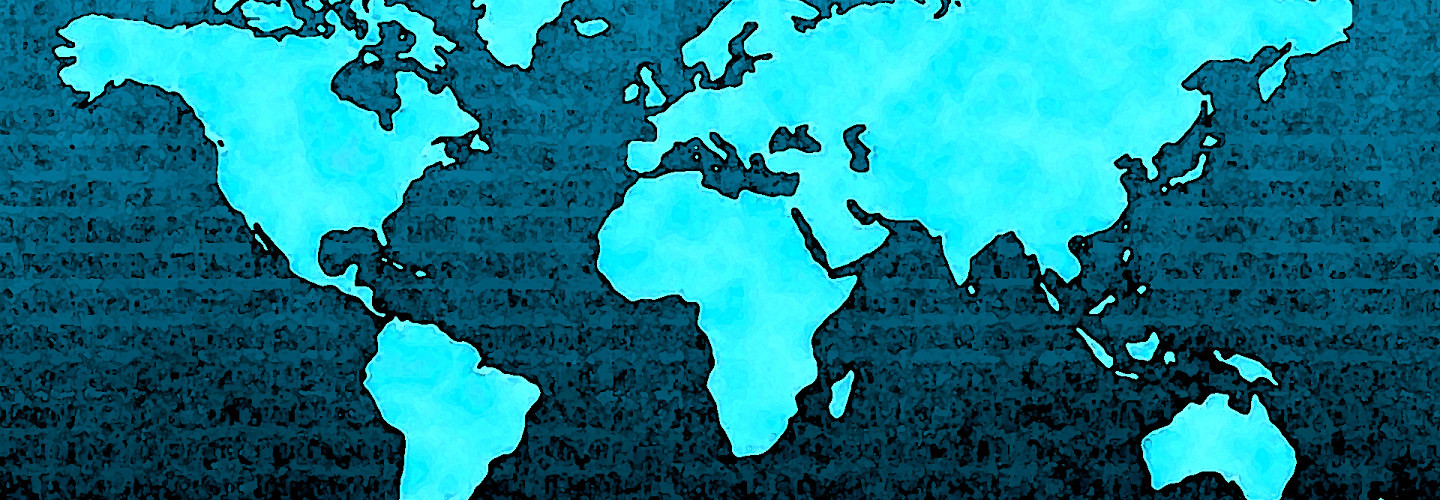At the start of every month, the Global Observatory posts a list of key upcoming meetings and events that have implications for global affairs.
February 3: EU Leaders Hold Brexit Summit, Valletta
Leaders of the European Union minus the departing United Kingdom are scheduled to meet in Malta on February 3 to discuss the future of the union after the Brexit vote. The summit will be the third meeting of EU leaders without the UK since the country’s June 23rd referendum on leaving the bloc. It comes a month ahead of a major EU celebration in Rome, marking 60 years since its founding Treaty of Rome. Attendees will also discuss the ongoing response to the regional refugee and migration crisis.
February 3: US Defense Chief Visits East Asian Allies
United States Defense Secretary James Mattis will visit Japan and South Korea from February 3, as the two American allies express doubt over Washington’s future commitment to the region’s security. New US President Donald Trump has questioned existing commitments to East Asia and threatened potentially destabilizing competition with regional giant China. Beijing’s territorial assertiveness in nearby waters and North Korea’s growing nuclear threat are the region’s biggest security concerns.
February 7: Colombian Government to Talk with ELN Rebels, Quinto
The Colombian Government released two prisoners from the National Liberation Army (ELN) in late January, as a precursor to peace talks set to begin on February 7. The talks proceeding are still contingent on the ELN releasing former congressman Odin Sanchez on February 2 and have been delayed several times from their scheduled start in November last year. The talks will come as members of Colombia’s largest rebel group, the FARC, travel to demobilization camps as part of their own peace deal.
February 8: Somalia Holds Presidential Elections
The Somali presidential election is scheduled to take place on February 8, after several postponements and accusations of voter intimidation, bribery, and other irregularities. The vote was originally set for August but faced delays resulting from disputes among clan representatives who were tasked with electing the members of its houses of parliament. These parliamentarians, who took office in January this year, are now responsible for electing the country’s new president. Incumbent Hassan Sheikh Mohamud is seeking re-election, in competition with more than 35 other candidates.
February 10-15: US President Trump Meets with Foreign Leaders, Washington DC
Japanese President Shinzō Abe and Israeli President Benjamin Netanyahu will visit new US President Donald Trump, on February 10 and 15 respectively. Discussions with Abe are likely to focus on economic and security matters, after Trump has cast uncertainty of the traditional US role in East Asia by withdrawing from the Trans Pacific Partnership trade deal and questioning existing military alliances. The visit with Netanyahu, meanwhile, will point the way forward on the current administration’s approach to the Middle East peace process and Iran nuclear deal.
February 12: Turkmenistan Holds Presidential Election
Turkmenistan is scheduled to hold a presidential election on February 12, though the result is expected to be the foregone conclusion of a landslide victory for Gurbanguly Berdimuhamedov, who has ruled since 2007. This year’s election will feature two new parties—the Agrarian Party and the Party of Industrialists and Entrepreneurs—yet international observers see this as a move to consolidate the current government’s power rather than a legitimate democratic turn.
February 17-19: 53rd Munich Security Conference, Munich
The 53rd edition of the Munich Security Conference takes place in a context of what organizers call “the troubling state of the international order and the rise of illiberalism around the world.” The event will bring together heads of state and government and hundreds of other important decision-makers in the field of international security. The conference agenda focuses on issues including the future of NATO and transatlantic relations after the election of US President Donald Trump, the state of EU cooperation in security and defense matters, the Ukraine crisis, and relations with Russia.
February 19: Ecuador Holds General Election
Ecuadorians are scheduled to go to the polls on February 19 to elect a new president, vice president, and legislators. President Rafael Correa is not standing for reelection after serving the constitutionally mandated two-term maximum. Eight candidates are competing to replace him, with Lenin Moreno, of the ruling left-wing PAIS Alliance, currently leading in the polls.
February 20: UN Peace Talks on Syria Resume, Geneva
The United Nations Special Envoy on Syria, Staffan de Mistura, is reported to have said the UN would reconvene talks on the peace process in Syria on February 20. The talks will come after Russia—a key ally of the Syrian regime—convened its own talks with Iran, Turkey, and representatives of the opposing parties to the conflict. Those discussions, held in the Kazakh capital of Astana during January, led to several international diplomats expressing concerns over the UN losing its leading role in the process.
February 28: Meeting of Reconvened EU-Israel Association Council, Brussels
Israel and the European Union are reportedly set to reconvene the EU-Israel Association Council in late February, after abandoning the forum in 2012. The announcement represents a significant warming of relations between the two parties, which had most recently been chilled by the EU’s support for a UN resolution criticizing Israeli settlements in Palestinian-claimed territories, and Israel’s rejection of a French-hosted conference aimed at restarting the peace process in the region.
February 29-March 1: Aid and International Development Summit Africa, Nairobi
More than 300 representatives from government, United Nations agencies, NGOs, the private sector, and other institutions are expected to attend the Aid and International Development Summit 2017 in Kenya. The forum will discuss how technological innovations and best practice can improve aid development strategy in East Africa. Attendees will learn of the latest developments in humanitarian logistics, community health, and other areas.





